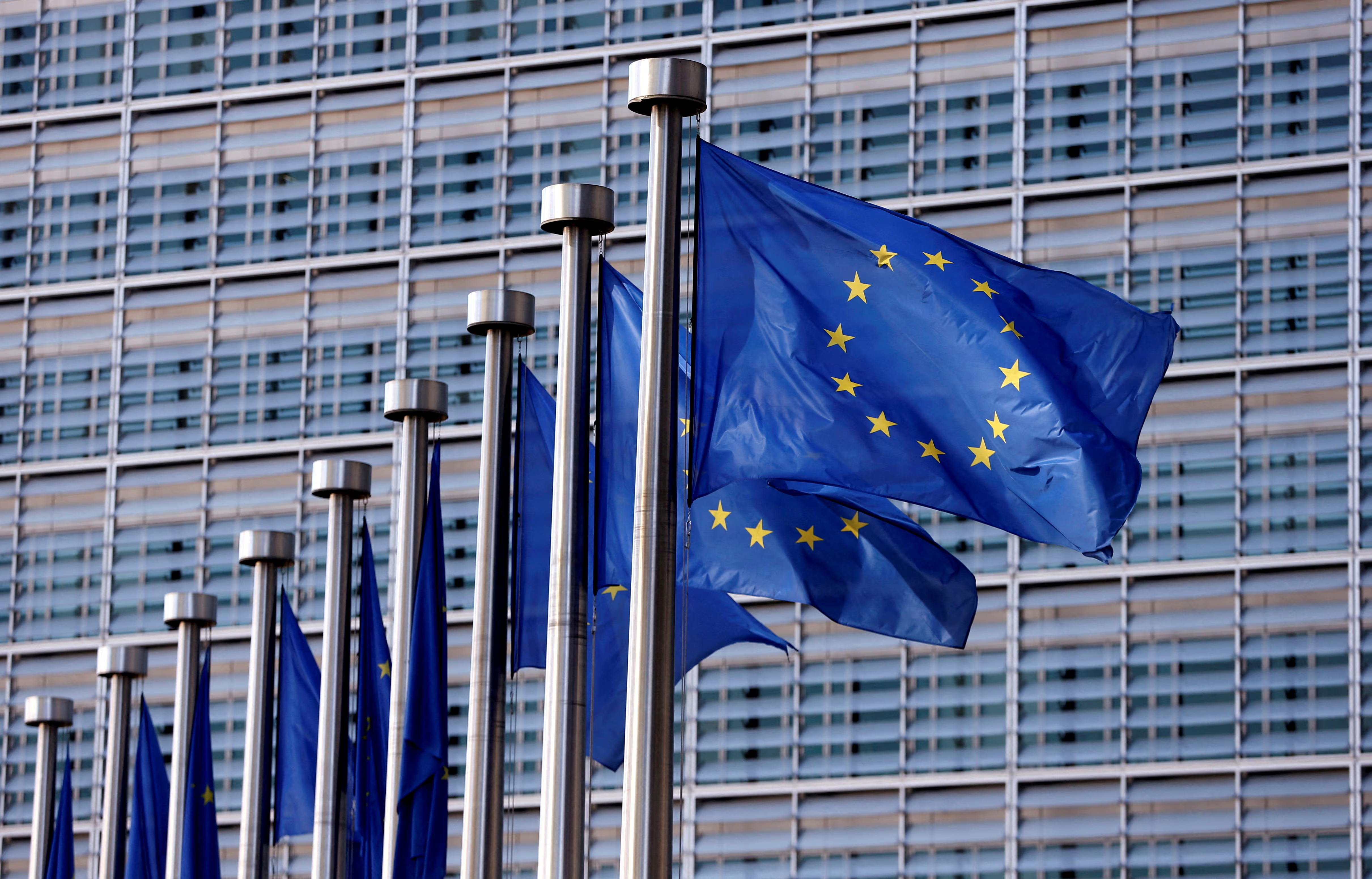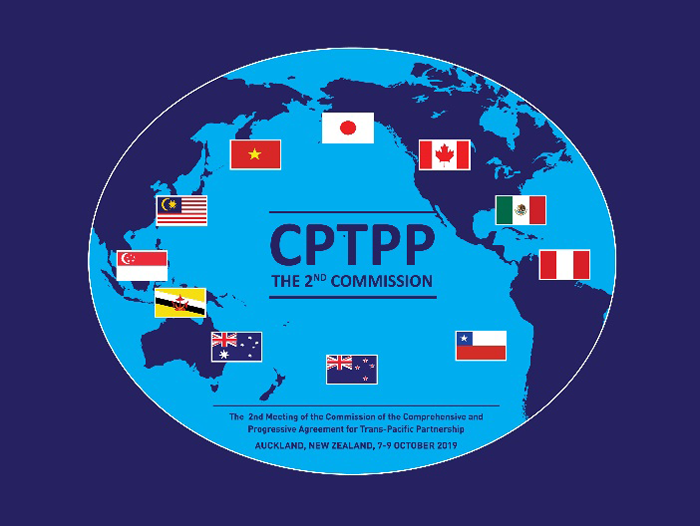Europe"s Bold Move Against Unilateralism
As the specter of Donald Trump’s draconian trade policies looms over Europe, the European Union is making a decisive shift. Facing the impending threat of 50% tariffs that could devastate economies and livelihoods, EU chief executive Ursula von der Leyen is no longer waiting for the U.S. to play by the rules. Instead, she is looking east to the Comprehensive and Progressive Agreement for Trans-Pacific Partnership (CPTPP), a coalition of like-minded nations eager to establish a fair and sustainable trade environment. This coalition of 39 countries could effectively account for 30% of global trade, positioning itself as a powerful counterforce to Trump’s unpredictable and aggressive trade tactics.
CPTPP as a New Trade Paradigm
The CPTPP includes key nations like Japan, Canada, and Australia, all committed to a rules-based trading system. Von der Leyen envisions a partnership that not only maintains open markets but actively redefines the rules of global trade. As reported by Politico, this initiative aims to create a “Standstill Agreement” that could send a strong message to Washington. Veteran trade negotiators argue that such a commitment would not only stabilize markets but also signal to the U.S. that a substantial portion of the global economy remains committed to multilateralism.

EU approval among its citizens hits record high as security ...
Environmental Justice at the Core
This seismic shift in trade policy comes at a crucial time for environmental justice. As climate change wreaks havoc on marginalized communities around the globe, the EU’s alignment with the CPTPP could facilitate stronger environmental standards in trade agreements. According to the Welsh Government, the CPTPP emphasizes sustainable development and environmental protection, which could serve as a model for future trade negotiations. With this new coalition, Europe could leverage its influence to demand higher standards that protect both workers and the environment.
Political Ramifications of the Coalition
While the EU’s pivot to Asia may seem like a rejection of American leadership in trade, it also opens the door for a more equitable global trading system. Former EU trade negotiator Ignacio García Bercero highlights that the CPTPP should not close the door on U.S. participation. As he states, if the U.S. continues to dismiss rules-based solutions, other nations must move forward without them. This sentiment reflects a growing frustration among allies who are tired of being held hostage to America"s erratic policies. This new direction, as reported by BBC News, represents not just a trade strategy but a moral stand against unilateralism and an embrace of cooperation.

CPTPP news | Australian Government Department of Foreign ...
The Role of the UK in Strengthening Ties
The United Kingdom, having recently joined the CPTPP, is also eager to foster stronger connections with the EU. Prime Minister Keir Starmer is advocating for an agile approach to trade that prioritizes collaboration over division. His government’s first trade strategy since Brexit aims to create better trade conditions with CPTPP members while also supporting the EU’s initiative. The UK’s participation could be pivotal in creating a united front that emphasizes shared values and interests in the face of global challenges.
In a world where the effects of climate change are felt most acutely by marginalized communities, the decisions made in these trade negotiations will have far-reaching implications. By prioritizing sustainability and justice, Europe and its new partners could redefine what global cooperation looks like, paving the way for a more equitable and environmentally conscious trading system.



![[Video] Gunfire between Iraqi security forces and Sadr militias in Baghdad](/_next/image?url=%2Fapi%2Fimage%2Fthumbnails%2Fthumbnail-1768343508874-4redb-thumbnail.jpg&w=3840&q=75)
